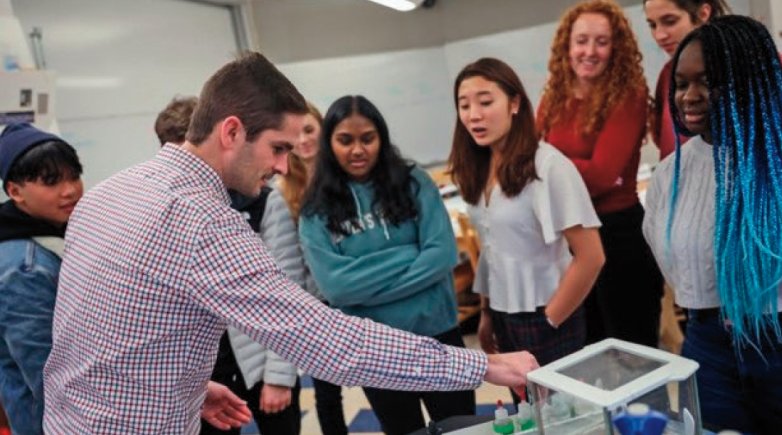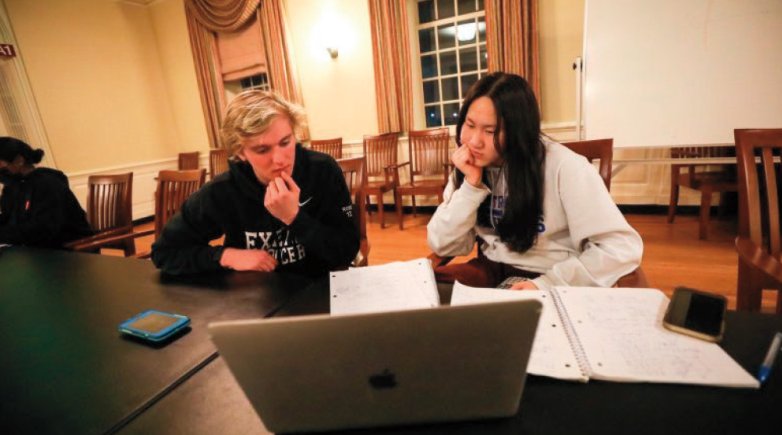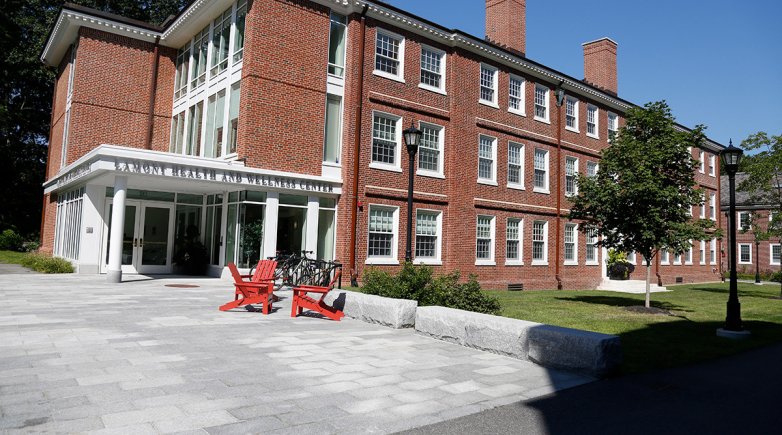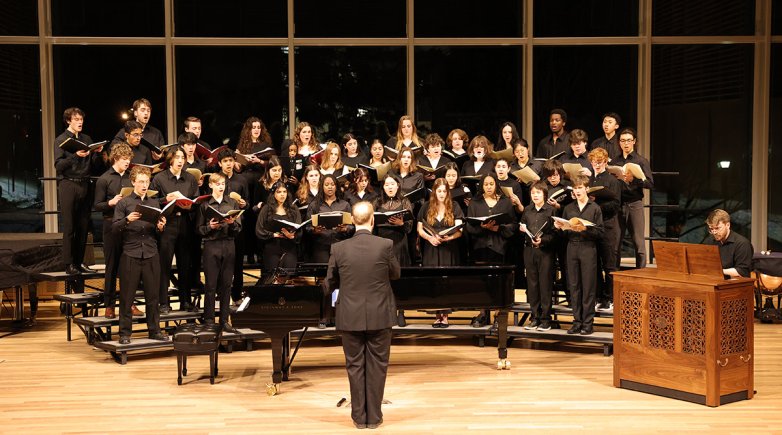Academic Excellence
Each April, current students meet with their advisers to plan their programs of study for the following year. One of the hundreds of exceptional course options available to them is INT519: Green Umbrella Learning Lab (GULL), taught by Andrew McTammany ‘04, Instructor in Science and Sustainability Education Coordinator. GULL is born out of a process called “Exeter Innovation” through which Exeter instructors are invited to propose exciting experimental student learning opportunities that don’t fall within the traditional scope of the established departments. The Curriculum Committee reviews the proposals, the department heads weigh the practicality of them, and the faculty vote on the proposals put forth. Each year, about five Innovation courses are approved for a two-year pilot. At the end of those two years, a decision is made whether the value or interest in the course has shifted or whether to approve it for the core curriculum. GULL’s popularity among the students and impact on the community have given it a permanent place in the course catalogue.



